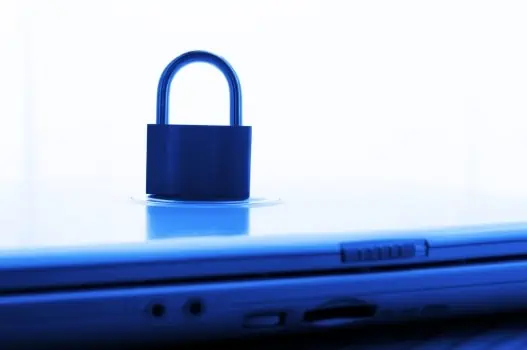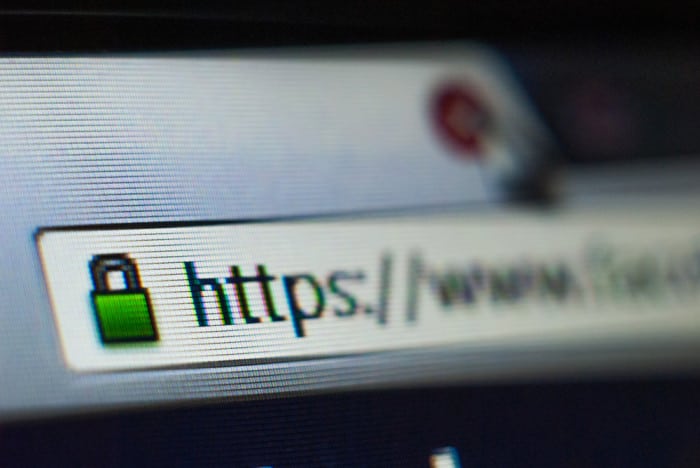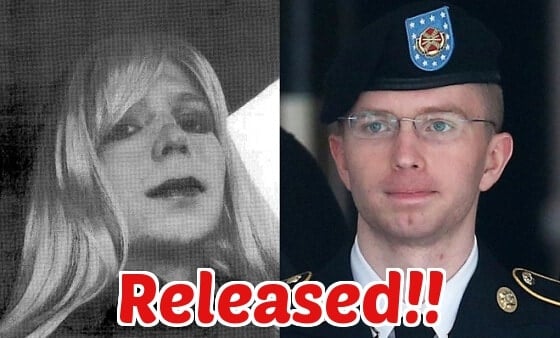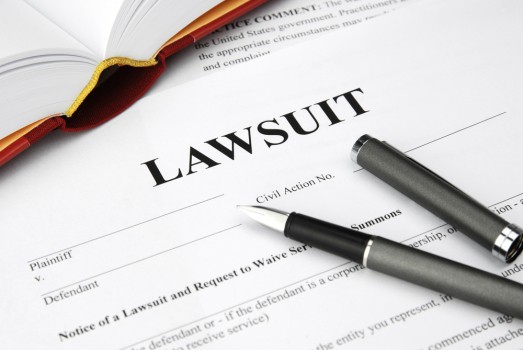EU Demands Social Media Giants Censor “Fake News” & “Hate Speech” within 24 Hours or Legal Action
The European Union is threatening to take legal action against social media giants including Facebook, Microsoft, Twitter and YouTube if they do not censor what the union deems as “illegal” content and “fake news” within 24 hours.
Back in May of this year, a number of US-based tech giants signed a “code of conduct,” promising to work beside the commission and national law enforcement to combat and “sanction” “individual perpetrators” that counters the narrative the EU favors.
Making changes to the agreement Sunday, the European Union’s justice commissioner added “fake news” to the list of what the union wants to be censored online. Forcing those who signed the code of conduct to comply and censor what the EU deems “fake news” and “hate speech.”
The “series of commitments to combat the spread of illegal hate speech online in Europe” were developed in part with “IT companies” according to the EU. The new set of rules forces companies to promise to “review the majority” of flagged “hate speech” within 24 hours.
Though the new rules were set in place by the EU, the latest European Commission report claims that this has only been set in place in Germany and Frace thus far, due to the simple fact that censorship is an intensive job.
To ensure that social media companies comply, one commissioner implied that they will pass new censorship laws if their current “non-legislative approach” fails.
While the code of conduct is already in place, the current review showed that nearly 40 percent of reported cases were reviewed within 24 hours, however, after 48 hours the number rose to nearly 80 percent. Twitter was reportedly been the slowest to respond to requests while YouTube has been the fastest.
“If Facebook, YouTube, Twitter and Microsoft want to convince me and the ministers that the non-legislative approach can work, they will have to act quickly and make a strong effort in the coming months,” EU Justice Commissioner Věra Jourová told The Financial Times (paywall).
“The last weeks and months have shown that social media companies need to live up to their important role and take up their share of responsibility when it comes to phenomena like online radicalisation, illegal hate speech or fake news,” she added.
According to the Financial Times report, successful censorship rates exceeded 50 percent in Germany and France, but sank to 11 percent in Austria, and dropped to as low as 4 percent in Italy.
Of the 600 cases accounted for, 316 were deemed to require a response from the companies directly, according to the code of condcut. A report shows that 163 items requested for review were deleted while 153 were not, because the companies concluded the content did not breach legislation or the code of conduct in place.
Free speech and civil rights activists have harshly criticized the commissions “code of conduct” due to it broad and loosely termed definition of “hate speech.”
UK Independence Party’s former Justice and Home Affairs spokeswoman Diane James MEP told Breitbart in May:
“Different people and cultures across Europe have different ways of communicating. The Liberal tradition in Britain for instance is more open and very different from that of dictatorial former Communist countries in the East.
“In my opinion, if the EU still allows to me have an opinion, I believe this matter should be decided by national parliaments rather than the unelected European Commission,” she added.
The latest changes have forced all major social media outlets to begin implementing their own database of hashes, which aid in automatically identifying “terrorist imagery and terrorist recruitment materials” that have previously been removed from their systems, Ars reported.
Facebook, Microsoft, Twitter and YouTube hope “this collaboration will lead to greater efficiency as we continue to enforce our policies to help curb the pressing global issue of terrorist content online,” the coalition said in a joint statement statementpublished Monday.
Companies will have a connected database of hashes they’ve all individually spotted, which “other participating companies can then use those hashes to identify such content on their services, review against their respective policies and definitions, and remove matching content as appropriate.” Content matching these specifics will be removed from the platform automatically, the statement said, while encouraging other services to follow in suite.
While such improvements could be drastic in stopping the promotion of terrorism and hate speech online, there is a very fine line between free speech and outright censorship.
While such sweeping censorship and surveillance laws have come into place in just the past few months, including the recent Rule 41 and Snooper’s Charter, alongside this, we’d recommend everyone begin switching to a secure and encrypted email provider as the scope of censorship may reach far beyong social media.
We would also urge everyone living in a part of the world connected to the European Union to begin to look into encrypting and spoofing your connection with a secure VPN, which will allow you to easily avoid censorship. This is no sales pitch or clickbait, full blown censorship is beginning to spread throughout the world, and safeguards are in place to combat this.
While the public Internet is still in its infancy, the fine line between Internet laws are just coming into place.






